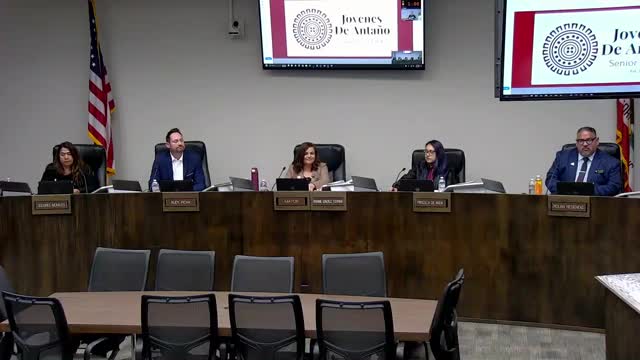Article not found
This article is no longer available. But don't worry—we've gathered other articles that discuss the same topic.
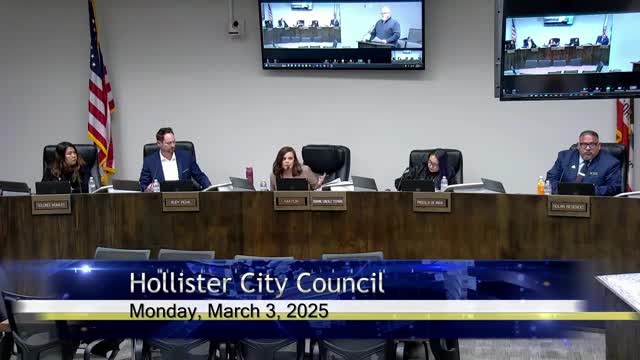
Council approves Roadshows contract to restart Hollister Independence rally; safety and sponsorships flagged
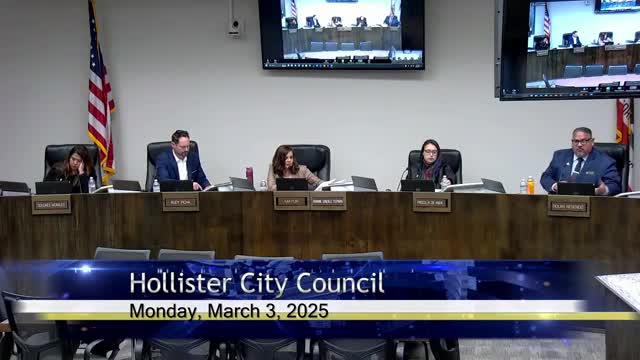
Council directs public outreach on San Benito Street traffic calming, declines an extra $17,000 study
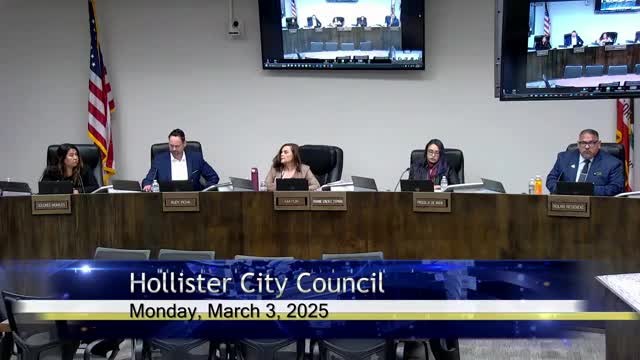
Council authorizes representative travel to League of California Cities meetings despite budget concerns
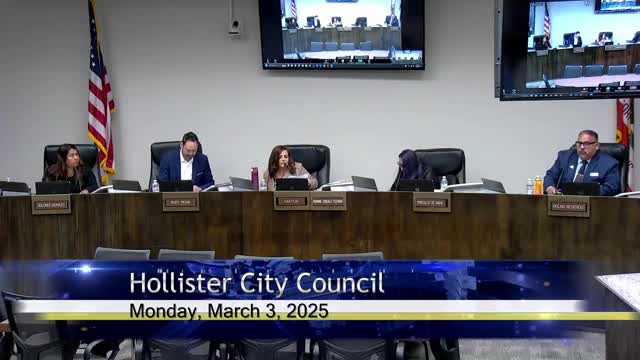
Council denies use of discretionary allocation for LULAC after budget concerns
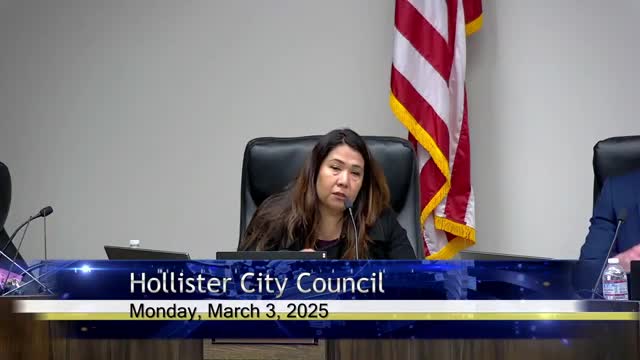
Hollister council rescinds contested 2040 general plan after referendum qualifies
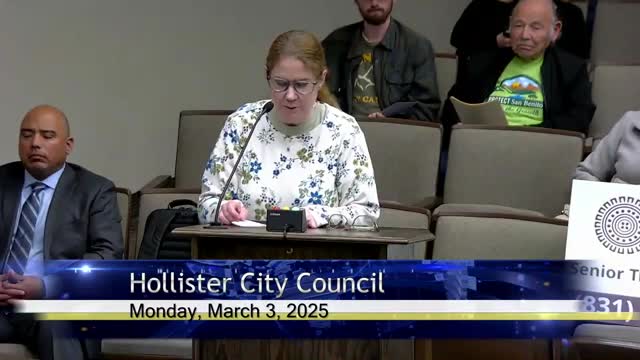
Hollister council rescinds discretionary funds policy amid budget shortfall
